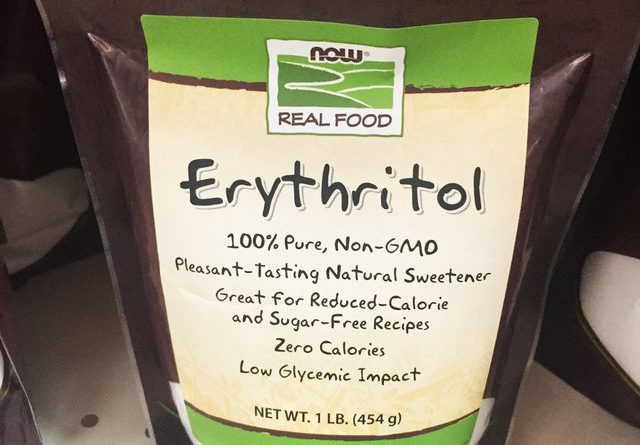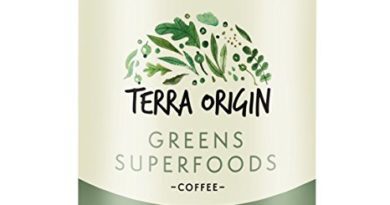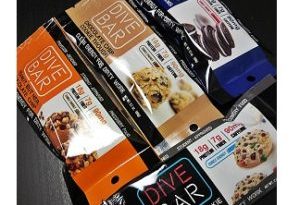Is Erythritol Found in Your Supplements Increasing Your Weight?
There are many supplements out there today that utilize sugar alcohols to replace pure sugar in order to sweeten up a product. Some of these common sugar alcohols are mannitol, isomalt, xylitol, sorbitol, and others. However, there is one sugar alcohol that is now being shown to increase your fat mass — the opposite of what you are trying to achieve through utilization of a sports nutrition supplement. And that sugar alcohol is erythritol.
Disclaimer: This article is for informational purposes only and is not meant to treat or diagnose any condition. It is recommended that you speak with your doctor before starting any exercise program, changing your daily nutrition, or adding any supplements to your regimen.
Table of contents
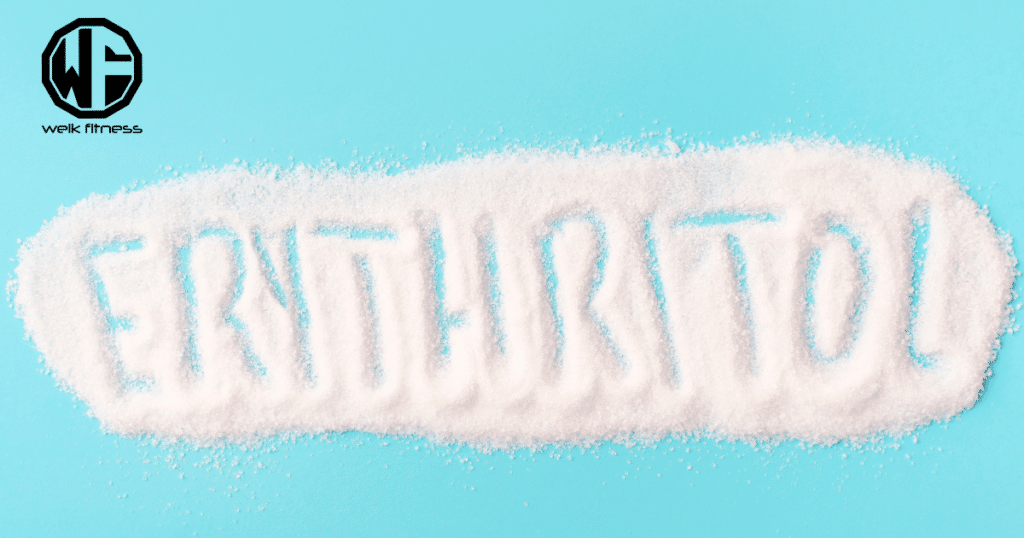
What is Erythritol?
Erythritol is a type of sugar alcohol (or polyol) used as a low-calorie sweetener. It occurs naturally in some fruits and fermented foods but is typically produced for commercial use through the fermentation of glucose with yeast. Here are some key characteristics and uses of erythritol:
Characteristics:
- Caloric Value: Erythritol provides about 0.24 calories per gram, significantly lower than sugar, which provides about 4 calories per gram.
- Sweetness: It is about 60-70% as sweet as sucrose (table sugar).
- Digestive Tolerance: Erythritol is generally well tolerated in the digestive system, as it is absorbed in the small intestine and excreted unchanged in the urine. This results in fewer gastrointestinal issues compared to other sugar alcohols.
- Glycemic Index: It has a glycemic index of zero, meaning it does not raise blood sugar levels, making it a popular sweetener for people with diabetes.
- Tooth-Friendly: Erythritol does not promote tooth decay, as it is not metabolized by oral bacteria.
Uses:
- Food and Beverages: Used in sugar-free and reduced-calorie products like candies, baked goods, beverages, and ice creams.
- Cooking and Baking: Can be used as a sugar substitute in various recipes, although it may not caramelize or brown like sugar.
- Combination with Other Sweeteners: Often combined with high-intensity sweeteners like stevia or monk fruit to achieve a more sugar-like taste and reduce any aftertaste.
Safety:
Erythritol is generally recognized as safe (GRAS) by major health organizations, including the U.S. Food and Drug Administration (FDA) and the European Food Safety Authority (EFSA). However, consuming very large amounts might lead to digestive discomfort, such as bloating or laxative effects, though this is less common compared to other sugar alcohols like sorbitol or xylitol.
Erythritol is Adding to the Problem
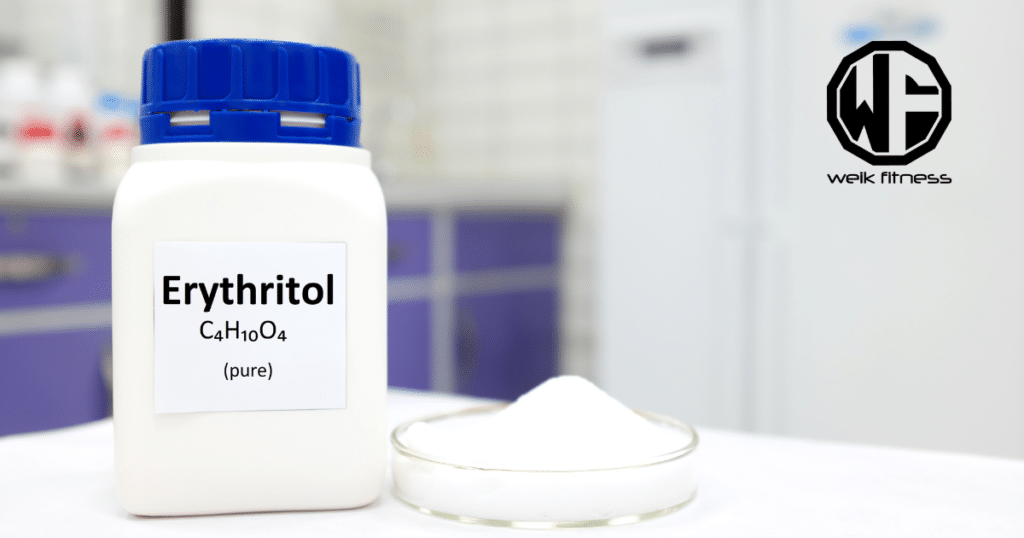
This country doesn’t need any help increasing the obesity epidemic. American’s seems to be doing a fine job by themselves increasing that statistic. But many people these days are introducing supplements into their dietary routines in hope to help them battle the bulge and hopefully get their weight under control.
One method that many have been using is through protein supplements. These can be in the form of protein bars, nutritional bars, protein powders, and even RTD (ready-to-drink) protein shakes in a can or bottle. Many brands have been utilizing sugar alcohols in these products to keep their total calories, sugars, and carbohydrate counts down to make it appear as if it is a healthier alternative along with it being used as a sweetening agent.
Sugar alcohols like erythritol can cause some GI issues from person to person. Some people can handle sugar alcohols extremely well, while others might be sent running for the nearest bathroom thinking they just downed a bottle of colon blow. But, one thing is for sure, sugar alcohols like erythritol don’t seem to be going anywhere. In fact, it appears they are getting even more popular as the year’s pass.
Is Erythritol Making You Fat?

A study conducted at Cornell University looked at the student population and how much weight was gained when they transitioned to college. What they found was that the students who gained weight during their freshman year of college had 15 times higher blood erythritol levels when compared to students in the same class who did not gain any weight.
Related Article: Can Short Walks Crush Your Sugar Cravings?
One researcher mentioned, “About 75 percent of this population experiences weight gain during the transition. With this in mind, it is important to identify biomarkers of risk that could guide its understanding and prevention. With the finding of a previously unrecognized metabolism of glucose to erythritol and given the erythritol weight gain association, further research is needed to understand whether and how this pathway contributes to weight-gain risk.”
Erythritol is a Double-Edged Sword
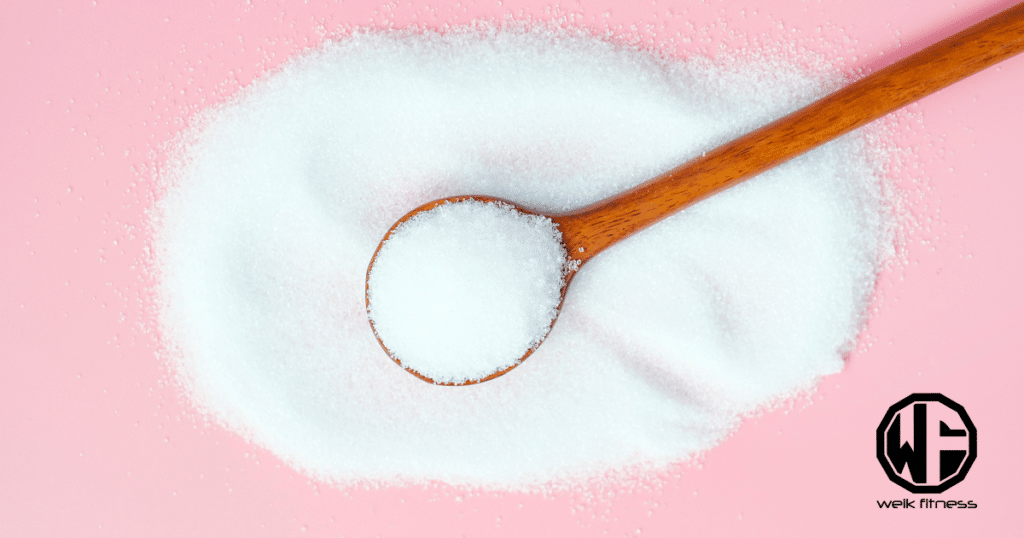
Not only have sugar alcohols been shown to cause some GI issues, but now with researchers taking a closer look at erythritol, it appears it could also have you gaining weight. Many protein bars these days are loaded with erythritol as well as other sugar alcohols. If you use these as part of your daily intake for certain macronutrients like protein, there’s a good chance you could find yourself gaining weight—and not the lean mass you were looking for.
Therefore, using products that include this sugar alcohol is truly a double-edged sword. If you don’t get the GI distress (which consider yourself lucky), then you might be adding fat mass. My recommendation? Stay away from protein bars that have not only this ingredient in its profile, but also sugar alcohols in general. There are plenty of natural and organic bar options these days that you don’t need to worry about the repercussions of using a bar slammed with sugar alcohols.
The most confusing thing might be brands who have multiple varieties of bars. Let’s take MET-Rx for example. You want confusing? Take their Big 100 Colossal bars for example.
One of their popular flavors is Crispy Apple Pie. Great tasting bar for sure. It has 29g of sugar (which is way too much) as well as 3g of sugar alcohol. While the sugar alcohols are low, the sugar is out of control.
So, you might put that bar down and grab yourself a MET-Rx Protein Plus bar thinking it’s a better option. Maybe you want to try the Creamy Peanut Butter Crisp flavor. You look at the nutrition panel and see there are only 3g of sugar. That’s perfect! Or so you think. Then right below it you see it has 22g of sugar alcohols—enough to have you screaming a hail mary on the toilet.

When done, you might as well just go buy a new toilet as you’re not going to want to clean that thing after what just took place. Not even a lit match is going to save that bathroom. While neither of those bars have erythritol in it, it shows how out of control brands are getting with sugar alcohols to sweeten up their products.
So, you might be asking, what common brand uses erythritol in their bars? Quest Nutrition. And you can even find erythritol on the nutrition panel under sugar. I’m assuming with the research that has come out on erythritol that Quest Nutrition may decide to change their formula (one would hope), but I’m not sure of their stance since this new research was published. Best thing to do again, though, just stay away from all of these bars—even though some of them are pretty darn tasty if I do say so myself.
Sources:
Materials provided by Cornell University.
Katie C. Hootman, Jean-Pierre Trezzi, Lisa Kraemer, Lindsay S. Burwell, Xiangyi Dong, Kristin A. Guertin, Christian Jaeger, Patrick J. Stover, Karsten Hiller, Patricia A. Cassano. Erythritol is a pentose-phosphate pathway metabolite and associated with adiposity gain in young adults. Proceedings of the National Academy of Sciences, 2017; 201620079 DOI: 10.1073/pnas.1620079114
Latest Articles:
- Sirtuins: Key Regulators in Health and Disease Dynamics
- NAD3: Natural NAD Supplement for Cellular Longevity & Energy
- What Makes the Best Electrolyte Supplement for Athletes?


*Disclosure: This article may contain affiliate links or ads, which means we earn a small commission at no extra cost to you if you make a purchase through these links. These commissions help support the operation and maintenance of our website, allowing us to continue producing free valuable content. Your support is genuinely appreciated, whether you choose to use our links or not. Thank you for being a part of our community and enjoying our content.
PLEASE CONSIDER SHARING THIS ON YOUR SOCIAL MEDIA TO HELP OTHERS LEARN MORE ABOUT THIS TOPIC.


